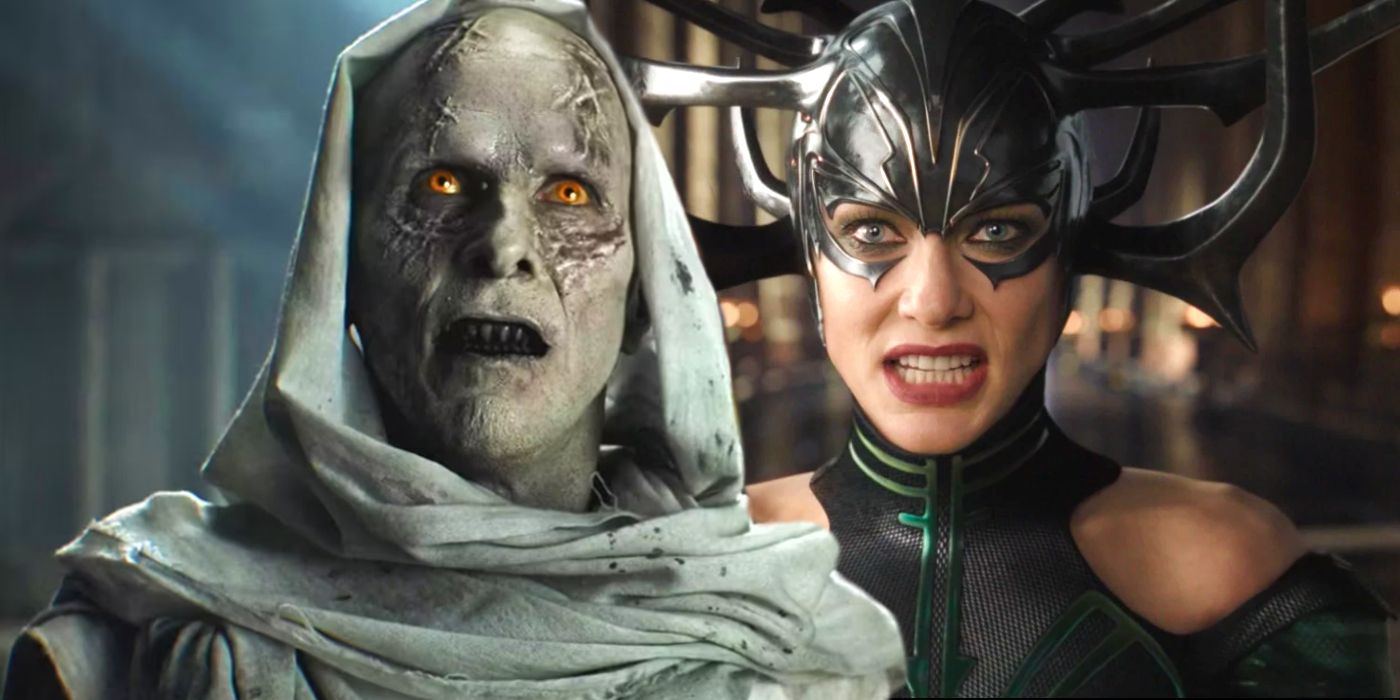This article contains spoilers for Manhunt.
In the third episode of Manhunt, Edwin Stanton proposes his and Abraham Lincoln’s Reconstruction plan to the new president, Andrew Johnson, however, Johnson admits that his and Lincoln’s opinions differed greatly when it came to dealing with the Confederate South post-war, and ultimately, his real-life method of Reconstruction led to his ruin. Manhunt is a new historical drama now streaming on Apple TV+. It tells the story of America’s Secretary of War, Edwin Stanton, who led a tireless search for John Wilkes Booth after he assassinated President Abraham Lincoln during a play on April 14, 1865.
Even Manhunt episodes 1 and 2, it is clear that newly sworn-in President Andrew Johnson is an issue for Secretary of War Edwin Stanton. While Stanton clearly had a strong relationship with Lincoln, and the two men shared similar ideals, particularly about the Civil War and post-war, Johnson seemingly wants to make his own decisions without considering the advice of his cabinet. America’s Reconstruction is a strong example of this. As the Union and Confederacy inch closer towards uniting once again, Johnson’s differing opinions mean discord among the presidential cabinet, and worse, a different America than what Lincoln envisioned.
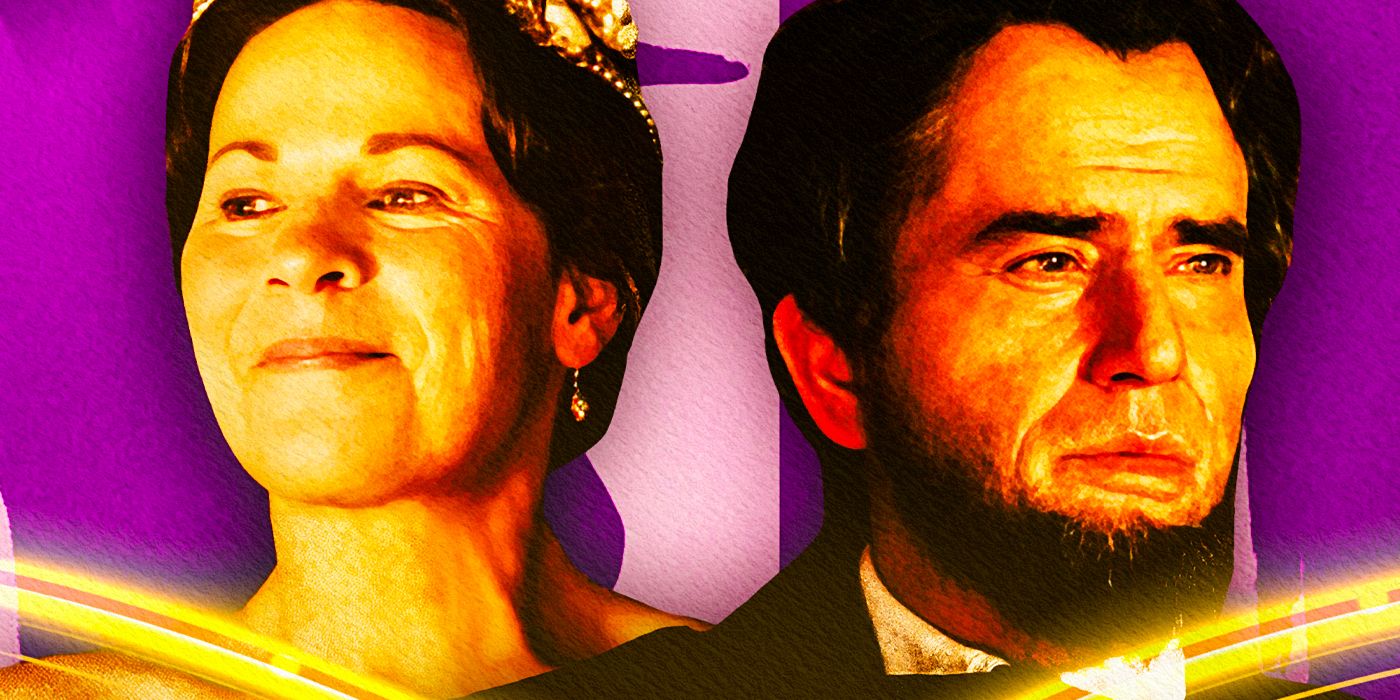
Related
Apple TV+’s Manhunt Cast & Real-Life Character Comparison Guide
Apple TV+ has released a brand new historical drama series called Manhunt, following the search for Abraham Lincoln’s killer, John Wilkes Booth.
Andrew Johnson’s Reconstruction Plan Differed From Abraham Lincoln’s
Manhunt’s portrayal of Andrew Johnson and Reconstruction is accurate to real American history. After Lincoln’s death, it was up to Johnson to formulate a plan for Reconstruction of the United States, and though Edwin Stanton urged Johnson to make certain choices that Lincoln would have made, Johnson ignored his pleas. While Stanton and other Radical Republicans advised Johnson to gain rights for freedmen in the Confederate South and help them adjust to their new status, Johnson refused.
Although Abraham Lincoln was killed before Reconstruction was fully underway, he made decisions early on that reflected his opinions. Namely, Lincoln wasn’t interested in blaming anyone for the Civil War, and instead, wanted to reunite the North and South as quickly as possible. Lincoln provided extra support to the South while its Confederate governments were discarded, and on the side, worked toward abolishing slavery nationally. Though he wanted to provide some amnesty to Confederates, his ruling was much stricter than Johnson’s. Generally, Lincoln’s method focused on everyone in a post-slavery future, where Johnson’s aimed to forget the past.
How The Reconstruction Era Still Caused Conflict Between The North & South

Reconstruction was already quite a controversial topic during the Civil War era, but Johnson’s decisions created even more discord throughout America. At first, citizens of the Union were unconcerned with Johnson’s shrugging off of freedmen’s rights, particularly voting. Many Northern states still had no laws about African American suffrage. However, what the Union truly cared about was making the Confederacy pay for what they had done, and Johnson’s inaction towards freedmen, made Southerners unapologetic. They soon started making decisions that felt like a Reconstruction of the Confederacy rather than a uniting of the North and South.
The South quickly passed state laws called Black Codes that bound Black individuals to property, wrongly imprisoned them, and forced them into labor. Furthermore, given free rein of their governments, Southerners attempted to put former Confederate leaders in positions of power, both on the state level, and federally. These actions outraged the Union, who saw that the South was not repentant for what they had done, or paying for their actions. The Black Codes were essentially laws promoting slavery. And though Congress vetoed the South’s choices for legislators, the damage created by Johnson was already done.
How Andrew Johnson’s Reconstruction Plans Affected Political Power
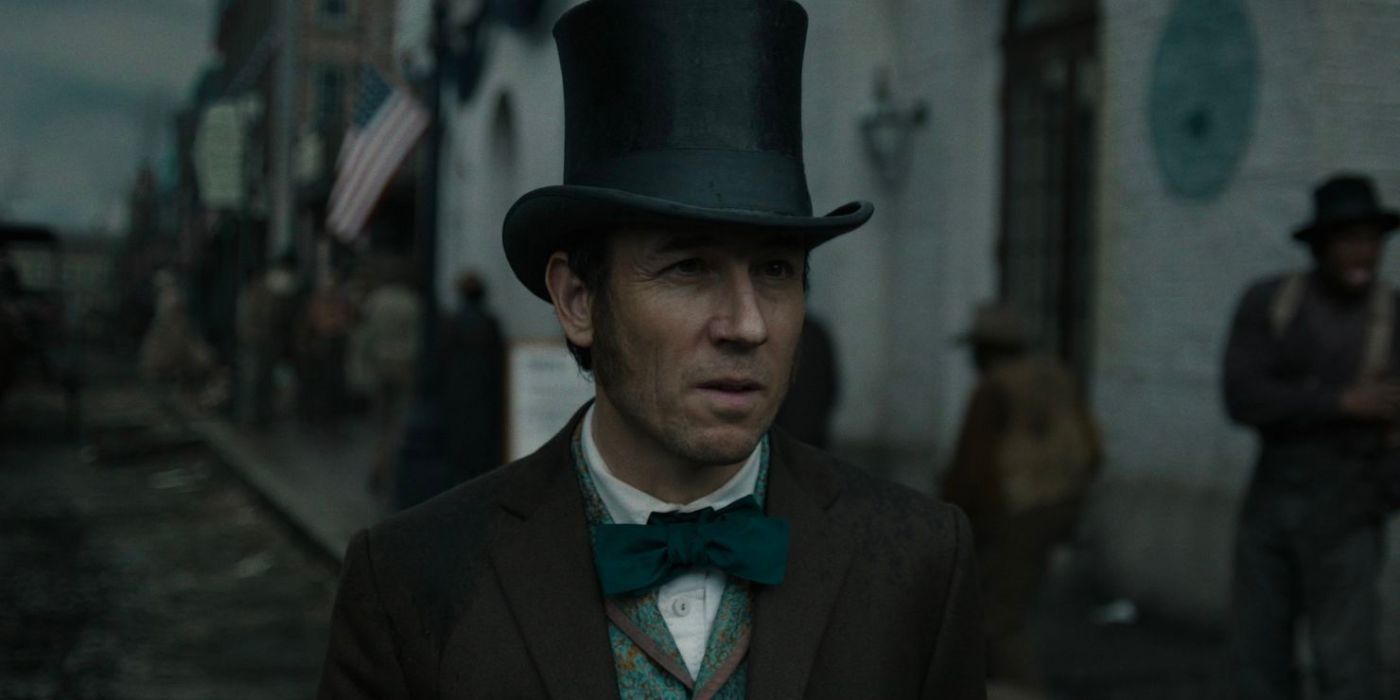
While Reconstruction was undoubtedly controversial, no matter the president, Andrew Johnson’s decisions did not help the situation. In particular, Republicans were angry that Johnson was letting the South essentially return to Confederate ideals, and also, was not giving any rights to Black individuals. As a result of their outrage, Johnson felt that he needed to publicly defeat Republicans to help Reconstruction and his own political ideals. Therefore, Johnson opposed the extension of the Freedmen’s Bureau, which offered government aid to freedmen. By doing this, he earned the favor of white Southerners, but the ire of Republicans.
Ultimately, Johnson’s political battle with the Republicans came to a head when he vetoed the Civil Rights Bill of 1866, which stated that all freedmen were considered citizens of the United States. For the first time, Congress overrode Johnson’s veto, passing the law.
From then on, Congress passed laws, such as the Fourteenth Amendment, regardless of Johnson’s vote. The president only made his position worse by embarking on speaking tours where he spoke mostly about himself and slowly hurt his political reputation.
Why The Presidential Reconstruction Led To Andrew Johnson’s Impeachment
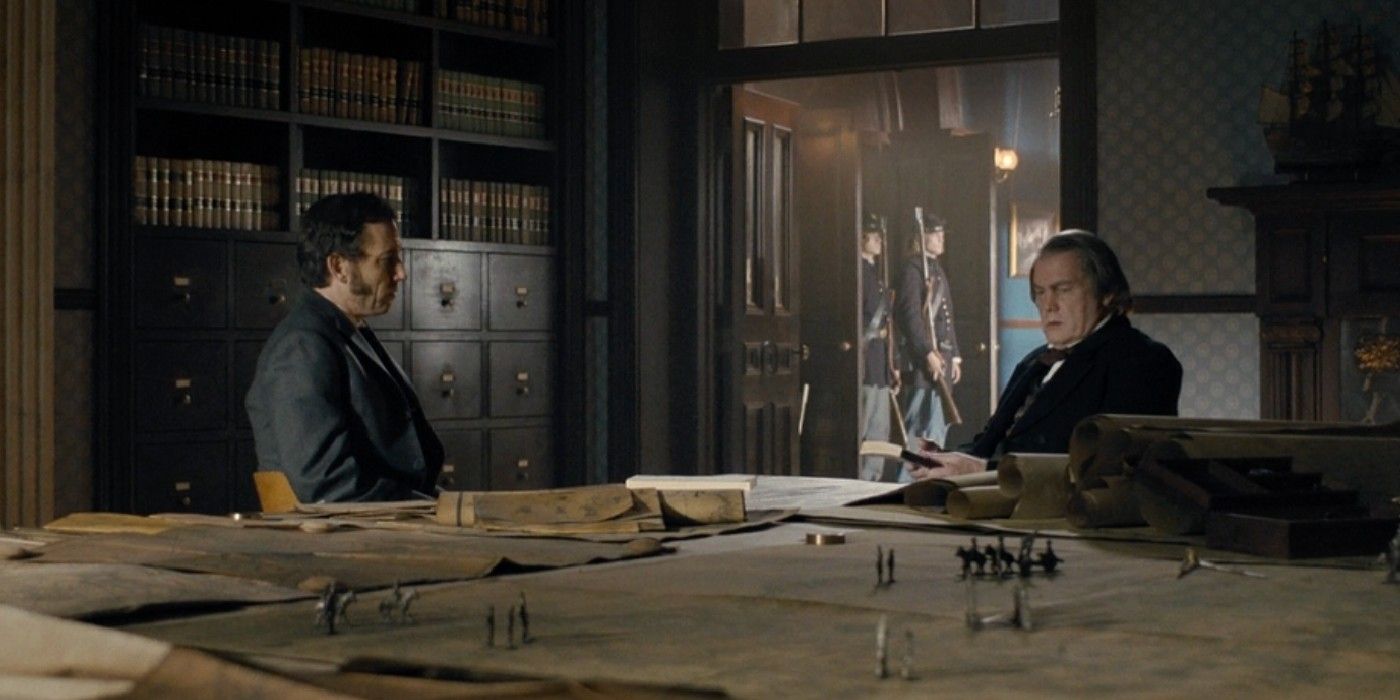
In March 1867, Andrew Johnson faced his first impeachment inquiry, based on how he handled the Reconstruction of the United States. Although this inquiry turned up nothing, it was far from his first. After Johnson attempted to fire Secretary of War Edwin Stanton and once again offered amnesty to Confederate leaders, a second impeachment trial occurred. Finding no laws broken by Johnson, the impeachment did not come to pass. However, when Johnson once again tried to fire Stanton and replace him with Lorenzo Thomas, Congress found him guilty of breaking the Tenure of Office Act, and he was officially impeached.
In the end, Andrew Johnson wasn’t removed from office, as Congress barely missed the necessary number of votes. Part of this decision came from the fact that Johnson’s replacement, Senator Wade, had radical ideals that were too extreme for anyone in the country. However, Johnson did not truly win in this situation. Though he was not removed from office, the end of his impeachment trial coincided with the Republican National Convention. Ulysses S. Grant was nominated for president, and it became clear that he would soon replace Johnson. Johnson lost the majority of his political support before finishing his term.
Ultimately, most of this history will not appear in Apple TV+ Manhunt, however, it is still vital context for the show. The tension between Johnson and Edwin Stanton is not an insubstantial situation, and as shown by history, will only expand in the years following Lincoln’s assassination. In fact, Stanton will be the biggest reason why Johnson gets impeached. Therefore, the way Manhunt portrays Johnson is purposeful and representative of his legacy as an American president.
Manhunt Episodes | Release Dates |
Pilot | March 15, 2024 |
Post Mortem | March 15, 2024 |
Let The Sheep Flee | March 22, 2024 |
The Secret Line | March 29, 2024 |
A Man of Destiny | April 5, 2024 |
Useless | April 12, 2024 |
The Final Act | April 19, 2024 |
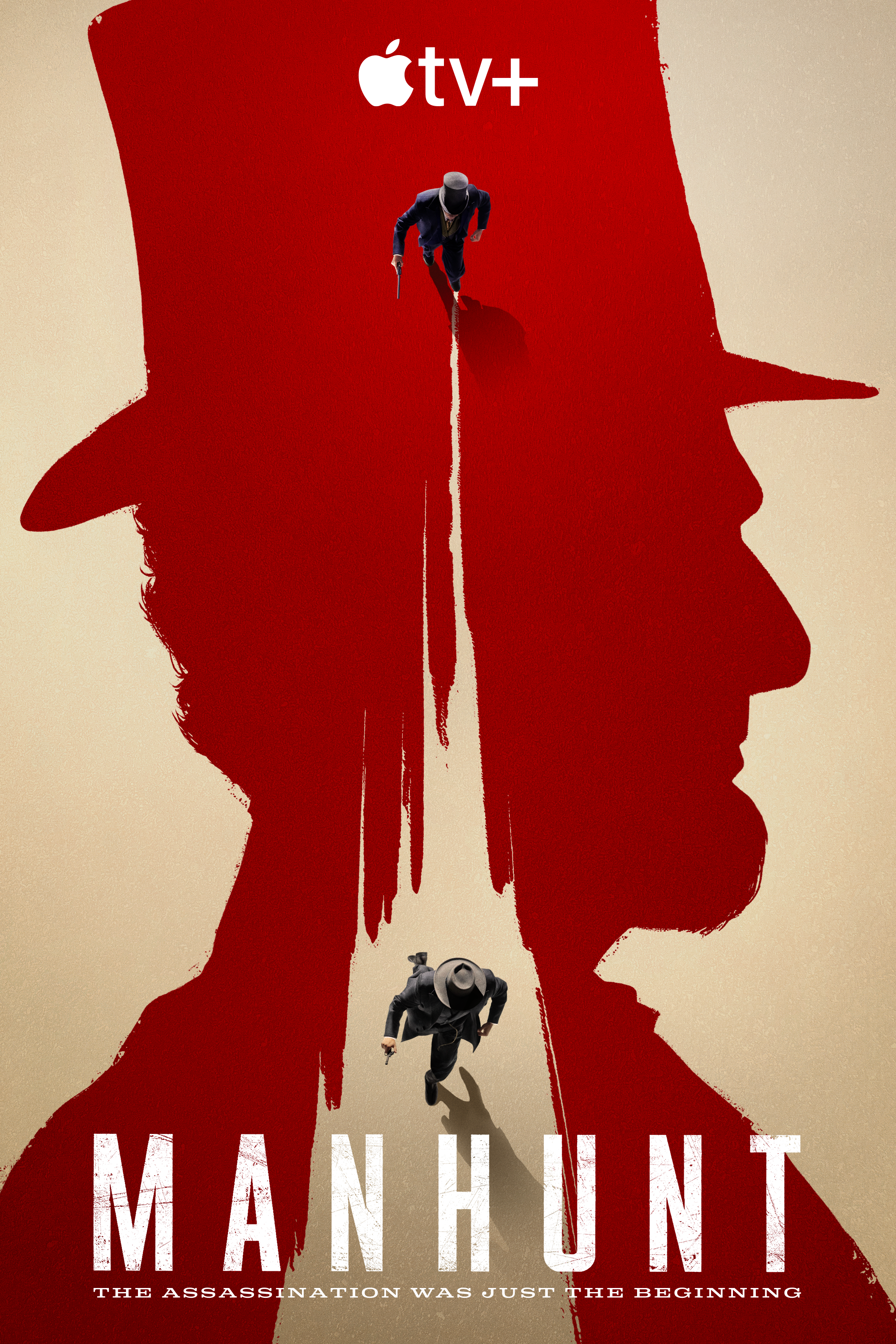
Manhunt (2024)
- Cast
-
Tobias Menzies
, Anthony Boyle
, Lovie Simone
, Matt Walsh
, Brandon Flynn
, Betty Gabriel
, Will Harrison
, Hamish Linklater
, Damian O’Hare
, Patton Oswalt
, Lili Taylor - Release Date
-
March 15, 2024
- Seasons
-
1
- Streaming Service(s)
-
Apple TV+
- Writers
-
Monica Beletsky
- Directors
-
John Dahl
, Carl Franklin - Showrunner
-
Monica Beletsky
- Creator(s)
-
Monica Beletsky



